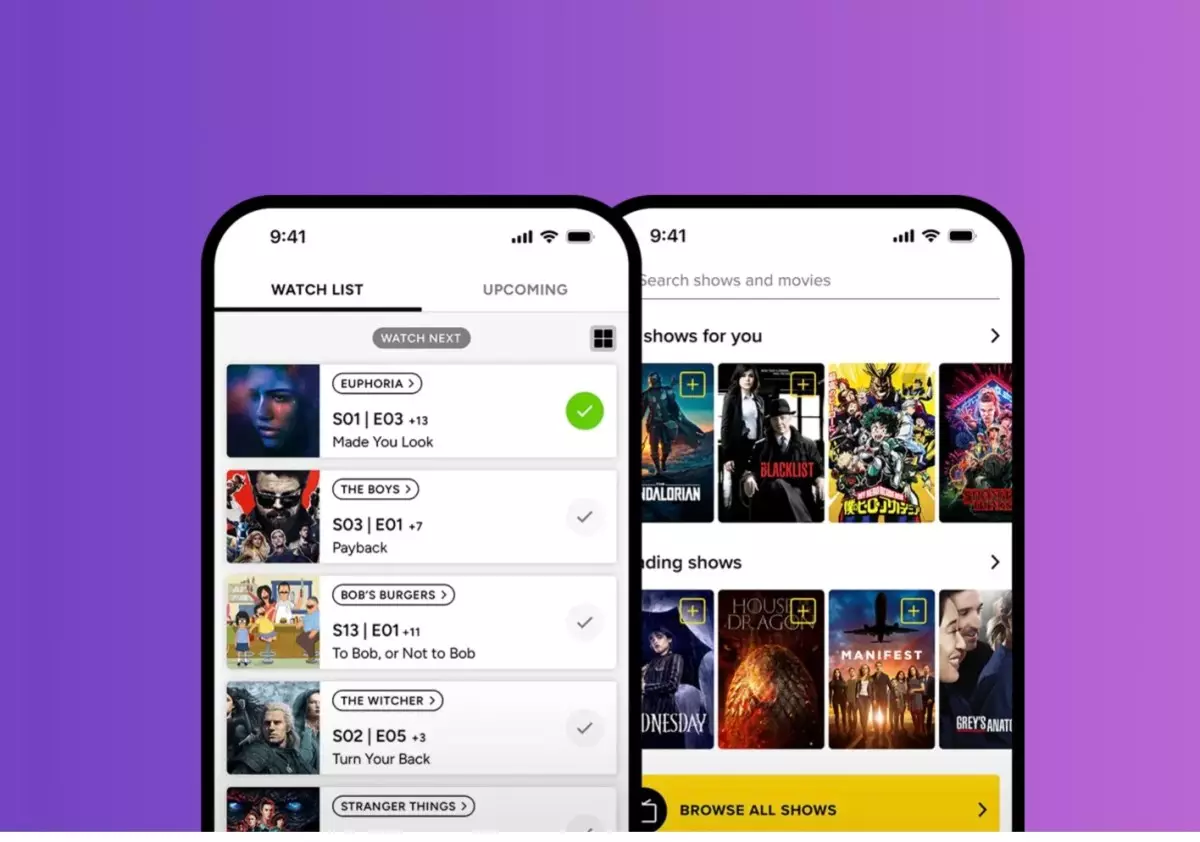In today’s digital age, apps have become an essential part of our lives, shaping how we consume content and interact with our favorite TV shows and movies. TV Time, a tracking and recommendation platform, has carved out a niche for itself among more than 30 million registered users who depend on it for enhanced viewing experiences. However, its recent disappearance from the Apple App Store raised alarm bells, highlighting the vulnerabilities faced by app developers and the precarious balance of power in the digital marketplace.
TV Time is not just a tool for tracking what users watch; it has built a thriving community where 2.5 million monthly users can engage with one another through comments, votes, and shared media. Its removal from the App Store was a significant event that did not go unnoticed amidst this vibrant community. The announcement of the app’s absence was met with widespread confusion and concern. Users flocked to social media platforms, eager for updates and hoping for a swift resolution to restore their beloved app.
On November 1, the company took to X (formerly Twitter) and acknowledged the app’s removal, stating that they were in discussions with Apple. Unfortunately, this lack of specific information left users anxious about the future of the platform they loved. Over the weeks that followed, the silence from TV Time only exacerbated frustrations, showcasing how closely tied the app was to its users’ viewing habits and social engagement.
Behind the scenes, the reason for the app’s removal was more complicated than mere technical issues. Whip Media Group, which operates TV Time, faced a dispute concerning an intellectual property complaint. Users had uploaded cover art for various shows and movies, triggering a copyright claim from a third-party company that led to the app being taken down through a DMCA (Digital Millennium Copyright Act) notice.
According to Whip Media’s Chief Marketing Officer, Jerry Inman, the complaint lacked substantive proof of ownership. TV Time requested appropriate documentation but ultimately received none. Despite removing the disputed images, the complainant escalated the situation by demanding a financial settlement to which Whip Media refused to acquiesce, asserting their compliance with the DMCA process. This situation reveals the sudden and often disruptive nature of copyright issues in the app industry, raising critical questions about users’ rights versus developers’ obligations.
This incident shines a glaring light on the power dynamic between app developers and platforms like Apple’s App Store. Inman’s statement underscores a significant concern: the overwhelming influence Apple holds over developers seeking market access. By acting on a vague complaint without thorough evidence, Apple can destabilize entire services that millions rely on.
The sudden removal of an app that had achieved millions of installs evokes larger tensions in tech culture concerning industry monopolies and corporate accountability. Is it reasonable for a platform to wield such power without appropriate checks and balances? TV Time’s struggle for reinstatement could serve as a microcosm of a broader issue, pointing towards an urgent need for clarity around user-generated content and how it fits within digital copyright scenarios.
While the ordeal lasted several weeks, it ultimately concluded with TV Time’s eventual reinstatement on the App Store, although the initial disruption raised doubts about future security for such applications. Users began to wonder whether their relationship with the app had been endangered by forces beyond its control, as well as what protections developers had against arbitrary reinstatement requests.
Even as TV Time regained its standing, the incident revealed the fragile threads that hold these digital communities together. Users engaged with the app on different platforms during its absence, showing resilience and a commitment that bodes well for the future, but the disturbance left a bad taste.
The saga of TV Time’s disappearance brings to the forefront the precarious balancing act that digital applications must perform to appease both users and corporate platforms. It highlights significant concerns regarding intellectual property rights, user-generated content, and the significant power held by tech giants over smaller, innovative companies.
As the marketplace grows increasingly saturated with content, questions surrounding these dynamics will demand urgent answers. The future of apps like TV Time will depend not only on their services but also on the frameworks established to protect them from sudden disruptions and unjustified challenges. Ultimately, the incident serves as a cautionary tale for all digital entities—reminding them of the impermanence inherent in the digital landscape.

